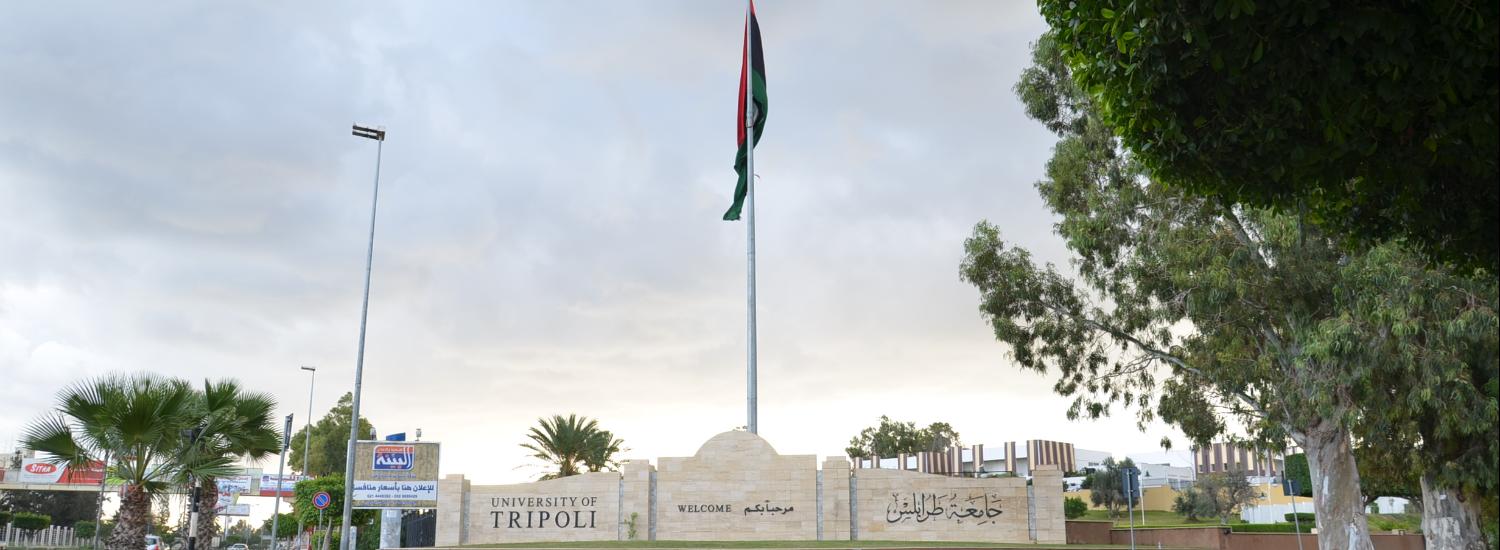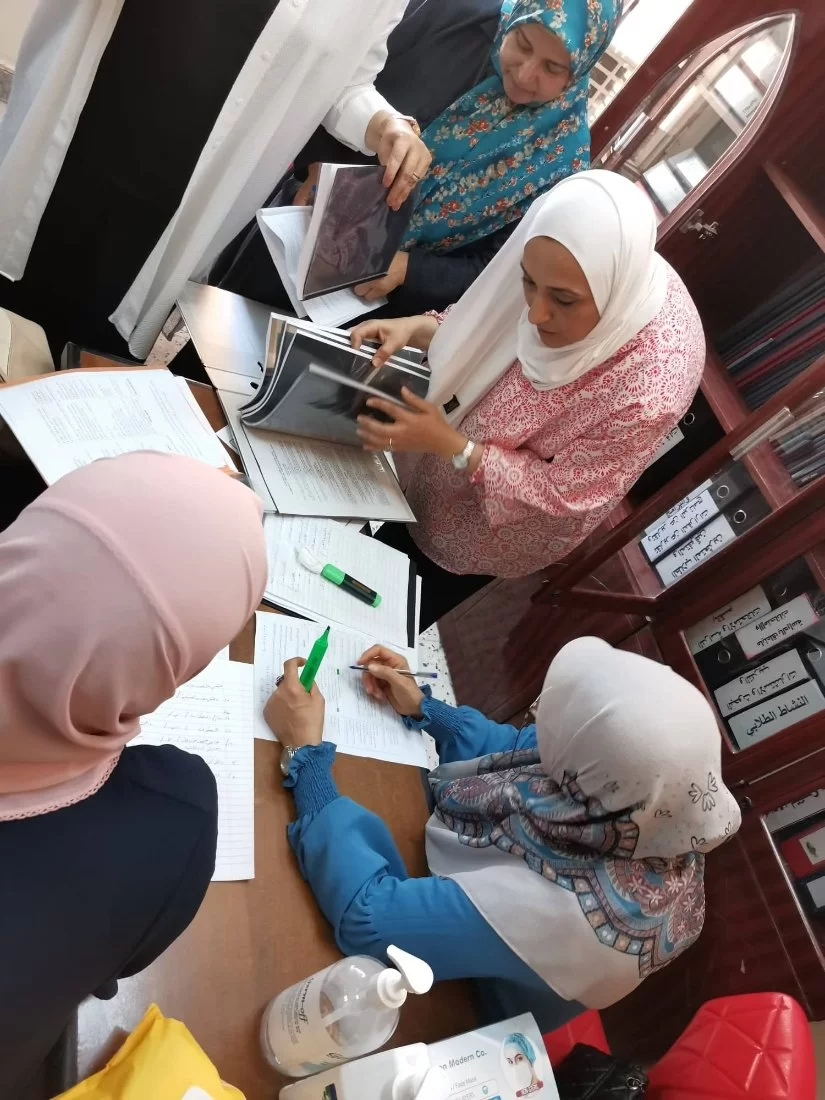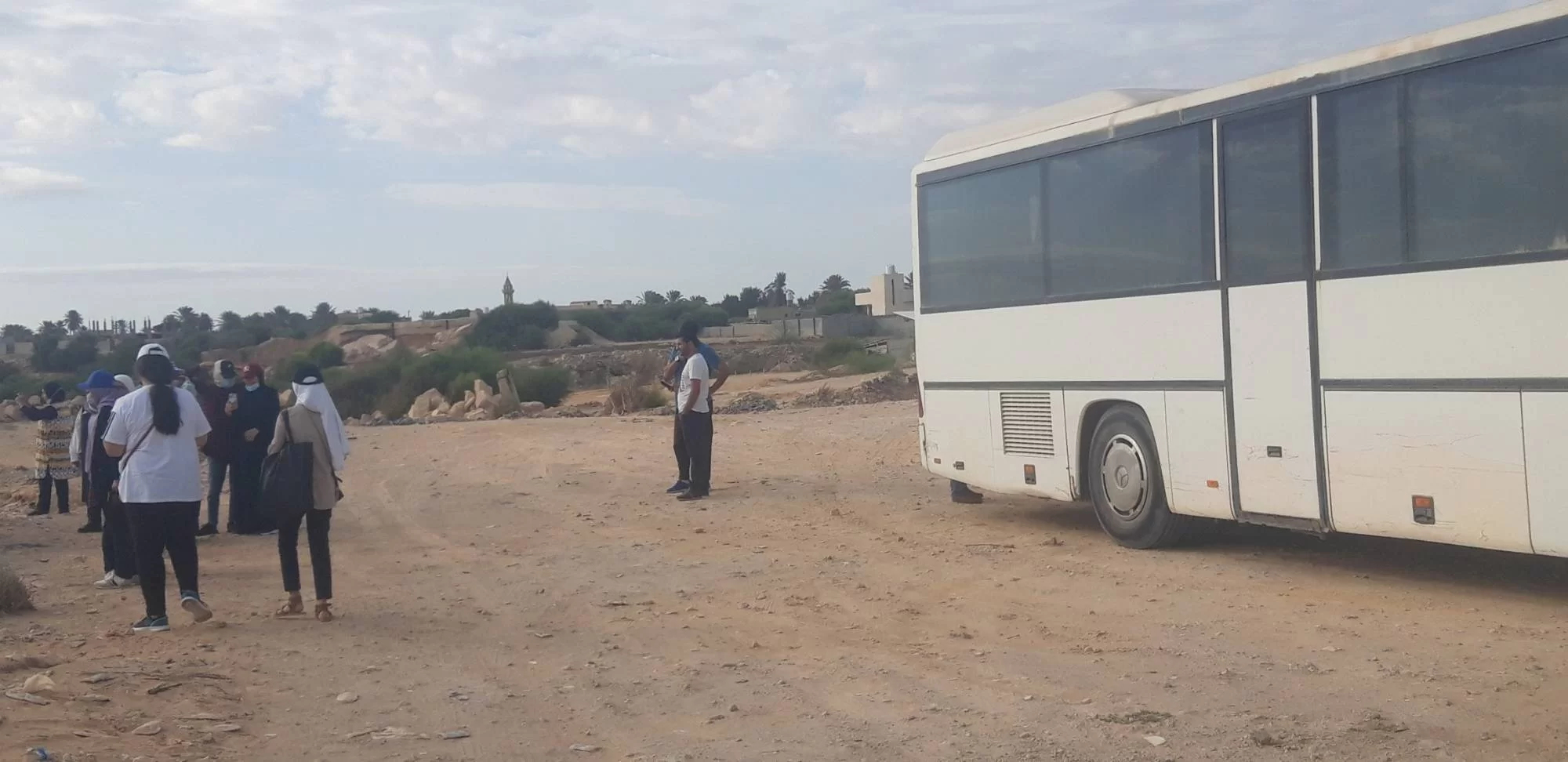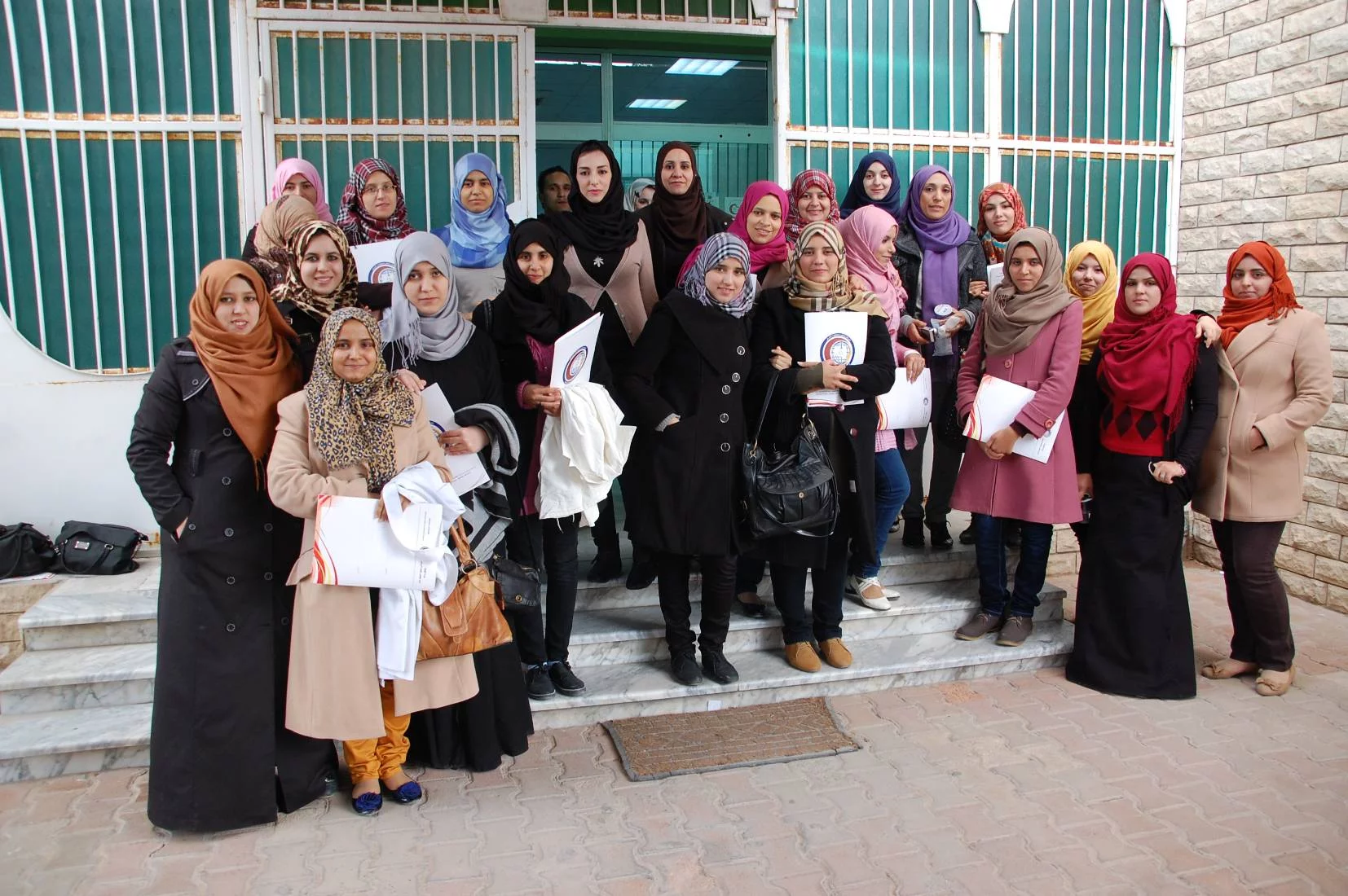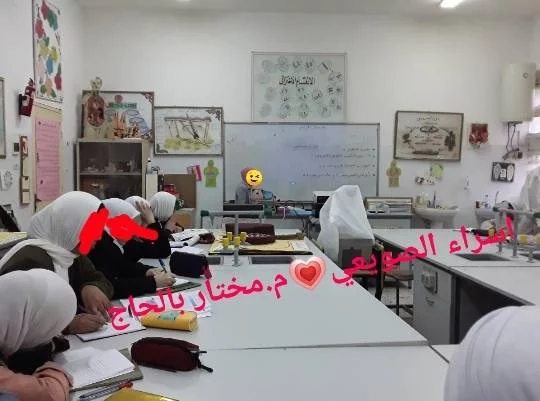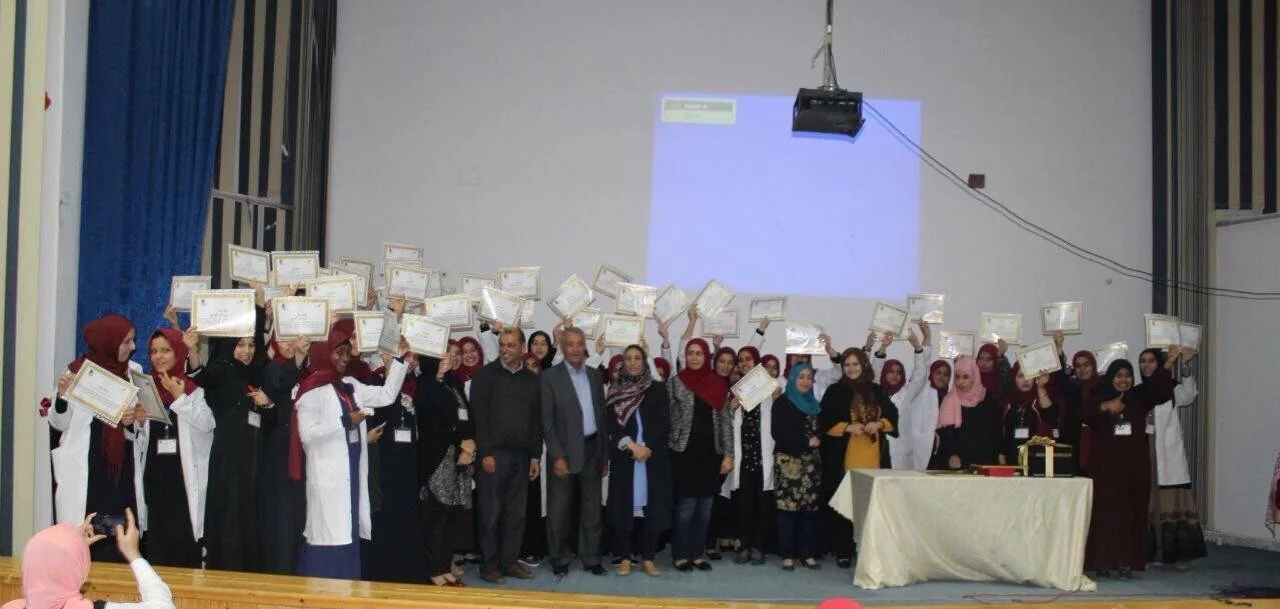قسم الاحياء
المزيد ...حول قسم الاحياء
قسم الأحياء هو أحد أقسام كلية التربية / طرابلس بجامعة طرابلس والـــــــــــذي تأسس سنة 2006-2005، و يتمتع قسم الأحياء ومنذ تأسيسه بسمعة علمية متميزة ضمن جامعة طرابلس. وبشكل عام فإن القسم يكرس الإمكانيات للحفاظ على أعلى مستوى علمي حيث يقوم القسم بتوفير برنامج دراسي و بحثي واسع ضمن تخصص علم الأحياء وذلك لتوفير الفرص العلمية لطلبته العازمين بجد للحصول على درجة البكالوريوس منه. هذا بالإضافة لإنجاز العديد من البحوث العلمية في مختلف حقول علم الأحياء.
إن المواضيع التي تدرس بقسم الأحياء تؤهل الخريجين للعمل كبيولوجيين حيثما تبرز الحاجة لهم في ميادين العمل وخاصة مجال التدريس بوزارة التربية والتعليم وكذا المجال الطبي والزراعي والصناعي. و تتضمن المقررات المعطاة المواضيع الأساسية في علم الأحياء مثل: علم الحيوان وعلم النيات و علم وظائف الأعضاء وعلم تصنيف النبات وعلم الوراثة و علم البيئة وعلم الطفيليات و علم الأجنة والعديد من العلوم الأخرى. وقد أخذ قسم الأحياء على عاتقه إعداد وتوفير احتياجات المجتمع من معلمين مؤهلين علمياً وتربوياً وفق برنامج أكاديمي متكامل يخضع للوائح وقوانين جامعة طرابلس, واللوائح الخاصة بكلية التربية طرابلس.
حقائق حول قسم الاحياء
نفتخر بما نقدمه للمجتمع والعالم
المنشورات العلمية
هيئة التدريس
الطلبة
الخريجون
أخبار قسم الاحياء
البرامج الدراسية
بكالوريوس في العلوم والتربية
البرنامج الأساسي لقسم الأحياء متمثل في منح الطلاب المتخرجين درجة البكالوريوس، ولا يحوي قسم الأحياء إلى الآن برنامجاً للماجستير أو الدكتوراه، ومن أبرز النقاط المعتمد عليها البرنامج الدراسي (البكالوريوس) بقسم الأحياء، كالتالي:· الدراسة بالقسم بنظام ( الفصل الدراسي) بعدد...
التفاصيلمن يعمل بـقسم الاحياء
يوجد بـقسم الاحياء أكثر من 16 عضو هيئة تدريس

أ. هدى ميلاد محمد بن زائد
هدى ميلاد بن زائد عضو هيئة تدريس بقسم الأحياء \ كلية التربية - طرابلس، محاضر مساعد منذ 2011 وحتى 2018 ، خبرة تدريسية لمدة لاتقل عن 10 سنوات، منسق للدراسة والامتحانات بالقسم منذ 2016 وحتى 2020 ، تولي شؤون الطلبة بالقسم وحل مشاكلهم، وحالياً محاضر ومدير مكتب المعلومات والتوثيق بكلية التربية\ طرابلس




